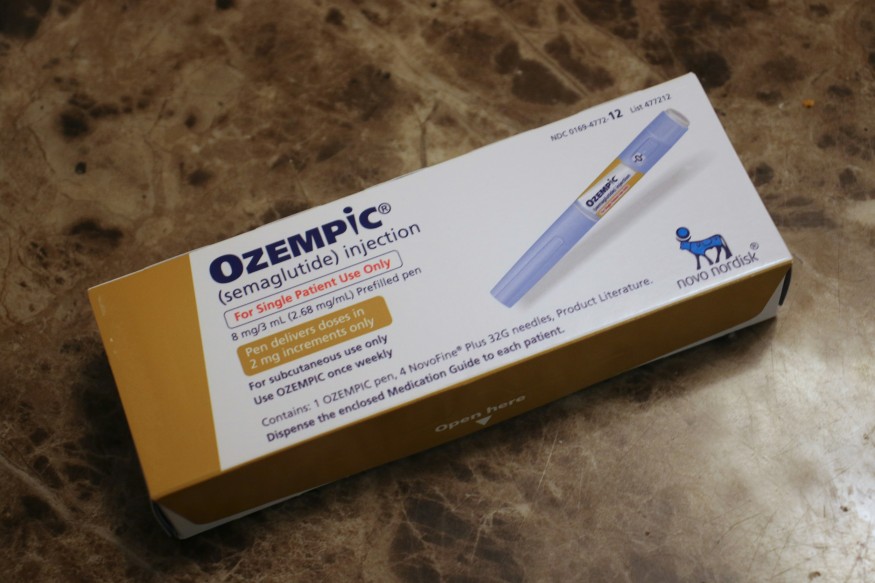
More than 2,000 lawsuits have been filed in the United States against the makers of Ozempic and Zepbound, with patients alleging life-threatening side effects linked to the popular weight-loss and diabetes drugs.
The consolidated litigation, centred in a Pennsylvania federal court, has moved into the discovery stage as regulators update product labels and drugmakers face mounting legal and public scrutiny.
The Growing Lawsuits Against Ozempic
The number of lawsuits connected to GLP-1 receptor agonist drugs such as Ozempic, Wegovy, Mounjaro and Zepbound has surged since 2023. In February 2024, the Judicial Panel on Multidistrict Litigation centralised the cases into MDL No. 3094 in the Eastern District of Pennsylvania. As of August 2025, legal trackers report more than 2,000 active cases.
Plaintiffs argue that Novo Nordisk, which manufactures Ozempic, and Eli Lilly, the company behind Mounjaro and Zepbound, failed to warn adequately about the severity and frequency of certain adverse effects. The companies maintain that their product information is compliant with federal regulations and that risks are clearly outlined.
Claimed Side Effects and Patient Reports
Central to the lawsuits are claims that patients developed gastroparesis, also known as stomach paralysis, after using the drugs. Other reported side effects include intestinal obstruction, ileus, persistent vomiting, gallbladder disease and, in some cases, vision loss from non-arteritic anterior ischaemic optic neuropathy (NAION).
Medical experts note that GLP-1 drugs delay gastric emptying, which may contribute to gastrointestinal complications. While most patients tolerate the treatment well, some allege that prolonged use has led to severe and lasting health impacts requiring hospitalisation.
Spotlight on Zepbound
Although Ozempic and Wegovy were first to attract legal action, attention has increasingly turned to Zepbound, a tirzepatide-based drug approved for weight management in late 2023. Its rapid uptake among patients seeking weight-loss solutions has made it a key focus of lawsuits and regulatory reviews.
In February 2025, the U.S. Food and Drug Administration (FDA) updated Zepbound's product information to include ileus in postmarketing reports, a condition involving a blockage of the intestines. This change aligned with similar label updates made to Ozempic and Mounjaro, strengthening claims that manufacturers were slow to act on emerging risks.
Regulatory Response and Safety Warnings
The FDA has previously added warnings to Ozempic, including a 2023 revision noting reports of ileus. All GLP-1 drugs carry a boxed warning about the risk of thyroid C-cell tumours based on animal studies.
In August 2025, the FDA also issued an advisory on compounded versions of semaglutide and tirzepatide, warning patients against using unapproved formulations. The agency cited quality and safety risks, highlighting an increase in adverse event reports connected to such products.
Company Response and Legal Strategy
Novo Nordisk and Eli Lilly have rejected allegations of wrongdoing, insisting that the lawsuits are without merit. Both companies point to extensive clinical trial data and years of post-approval monitoring to defend the safety profiles of their drugs.
Separately, Novo Nordisk filed 14 new lawsuits in August 2025 against U.S. pharmacies and clinics accused of selling unapproved compounded versions of semaglutide, underscoring the company's efforts to protect its brand and maintain control of the market.
Where the Court Case Stands
The multidistrict litigation remains in the discovery phase, with monthly status conferences scheduled in 2025. No bellwether trials have yet been announced, and no settlements have been reached. Legal analysts expect the first test cases to be scheduled once discovery and expert evidence reviews are completed, a process that could extend well into 2026.
Originally published on IBTimes UK
© Copyright IBTimes 2025. All rights reserved.









